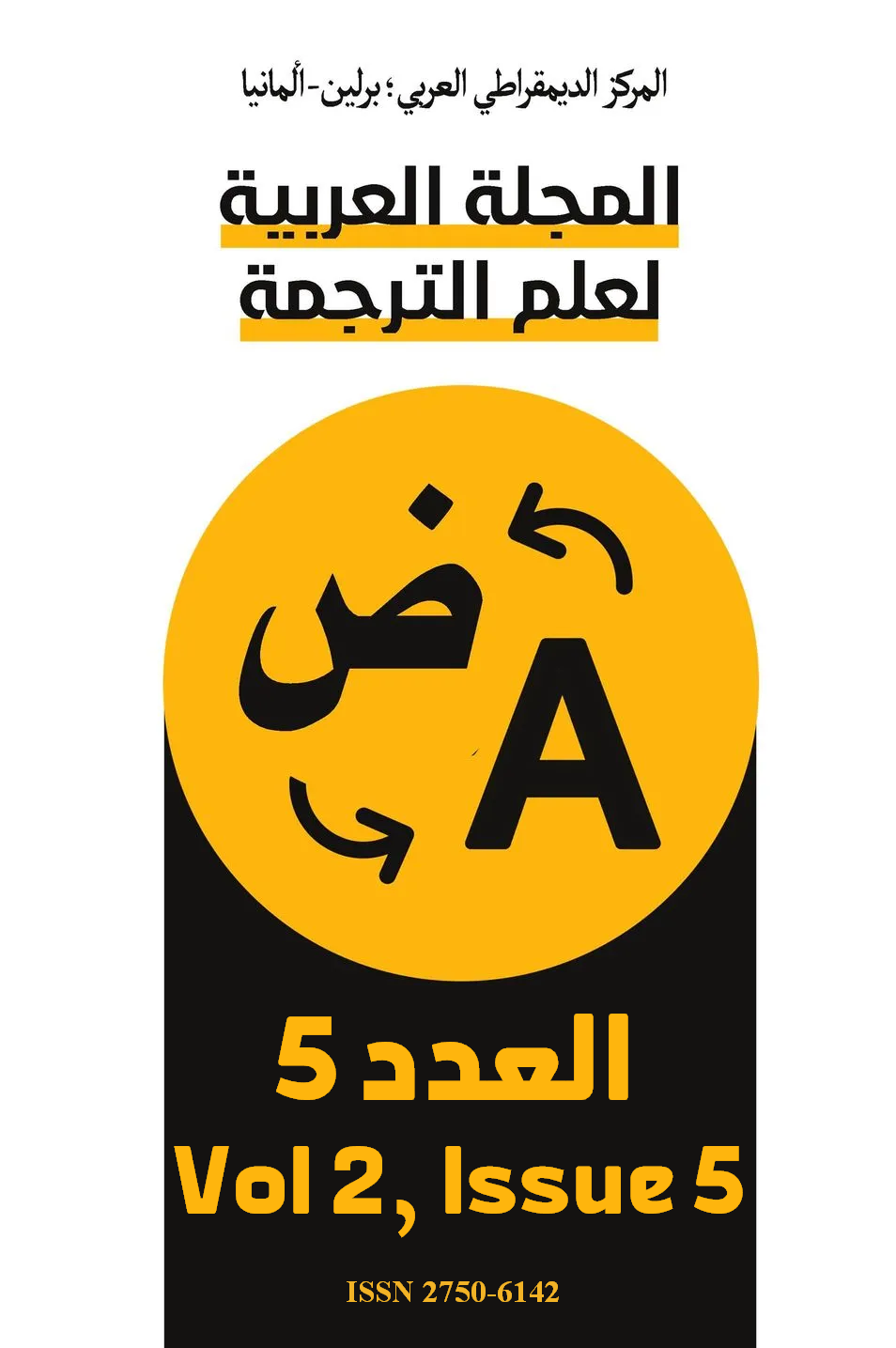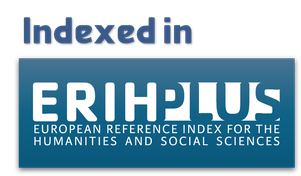Translation, Loyalty and The Sacred Text
DOI:
https://doi.org/10.63939/AJTS.hcv1qf94Keywords:
Context, Dual, Language, Quranic Text, Synonymous WordsAbstract
No one can ignore the place that the sacred text occupies in the field of translation. This interest has sparked several research and publications to try to understand it, studying it through several perspectives and points of view. Indeed, the present research aims to highlight the problem of the translation of the dual as a linguistic phenomenon that characterizes the Arabic language. The interest that the study has in this phenomenon is due to its absence in the French language. This problem of the dual is accentuated by the choice of the corpus which is part of the Quranic text, and by the choice of two synonymous words that contain our corpus. Dual and synonymy are tested in the translating activity, in order to see the strategies deployed by translators to remain faithful to the original text. If the choice of such a word in a Quranic text has a semantic value that adds to the context of its appearance, this choice must also be rendered in the translation through the search for strategies that try to remain faithful to the original text.
Downloads
Published
Issue
Section
License

This work is licensed under a Creative Commons Attribution-NonCommercial 4.0 International License.
As an open-access the journal follows the CC BY-NC 4.0 Attribution-NonCommercial 4.0 International which states that:
- you are free to:
- Share— copy and redistribute the material in any medium or format.
- Adapt— remix, transform, and build upon the material.
- Under the following terms:
- Attribution— You must give appropriate credit, provide a link to the license, and indicate if changes were made. You may do so in any reasonable manner, but not in any way that suggests the licensor endorses you or your use.
- NonCommercial — You may not use the material for commercial purposes.
- No additional restrictions — You may not apply legal terms or technological measures that legally restrict others from doing anything the license permits.












